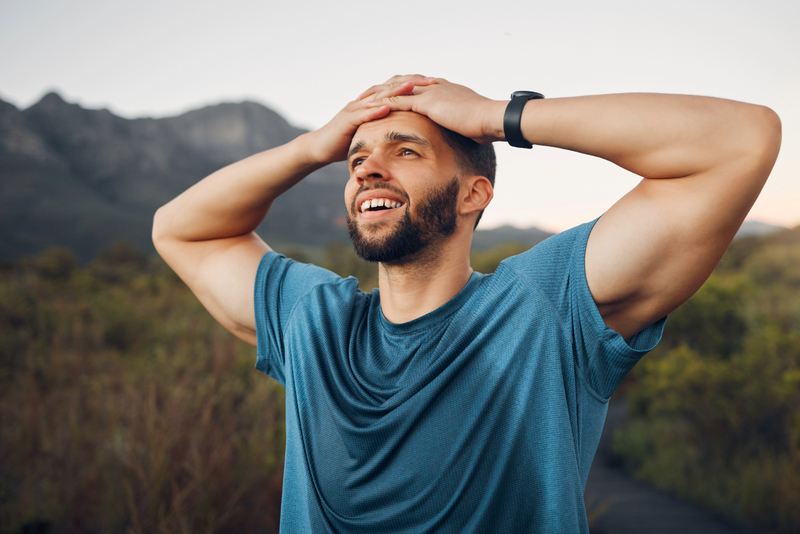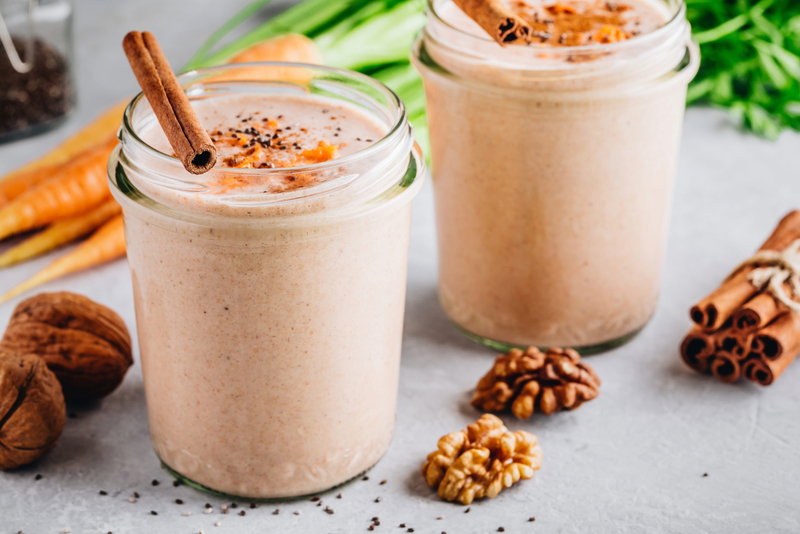News
Good Stress?

“Good stress” sounds like an oxymoron. After all, we’ve always been told stress is bad for our health. However, it’s possible that some stressors can actually be good for us and even enhance our lives. “Eustress” is defined as good stress. Contrary to “distress,” eustress leads to positive results and emotions. Whether physical or psychological, eustress can be manageable and even motivating.
Stressful situations, big or small, can cause the heart to pound, a feeling of butterflies in your stomach, racing thoughts and even physiological effects like sweating and muscle tension. The difference between eustress and distress is how these feelings are perceived. Do they make you feel uncomfortable and overwhelmed? Or, is that energy channeled into a sense of excitement and anticipation? When recognized as a positive stress, eustress can make us feel alive, enthusiastic and optimistic. It can also make us more proactive, productive and creative.
Eustress and distress activate the same initial biological response in the body, known as the fight-or-flight response. This is an automatic response of the parasympathetic nervous system to an event that is perceived as stressful, exciting, threatening or dangerous. The amygdala, an area of the brain that facilitates emotional processing, sends a signal to the hypothalamus, which then triggers the production of hormones that help us respond appropriately. The “big three” stress hormones are norepinephrine, epinephrine and cortisol. Eustress releases these hormones in small doses for short periods, heightening reactions temporarily without the long-term effects of stress. It is considered a “challenge-based” response to stress. Eustress is an example of an “acute stressor,” which can have positive impacts on immune function. It can yield immediate and positive results like concentration, motivation and resilience. These feelings instill a sense of purpose, happiness and fulfillment. Conversely, a “threat-based response” over-activates the immune system, takes longer to recover from and can, therefore, have negative effects on the body and mind.
“The irony is that the salve to many of life’s stressors is resilience, or the ability to translate adversity into eustress,” said Paige Braxton, PsyD, director of outpatient behavioral health services at Vail Health. “People who are confident in their coping skills and abilities are more likely to perceive the stress of an event as positive or a motivator than as anxiety or distress.”
Examples of eustress include life changes like a new job, new relationship or the impending birth of a child. While travel can cause discomfort or intimidation in the short-term, the long-term benefits of exploring new places, eating different foods and meeting new people can be extremely rewarding. A roller coaster ride or a scary movie can make our hands clammy, and they can also be exhilarating. Remember your first date or your first day in a new job? “Firsts” can be nerve-racking and exciting. While initially distressful, even the end of a relationship or the loss of a job can transform into eustress when seen as an opportunity for growth and change.
Physical eustress challenges the body without stressing it to the point where it’s difficult to recover or results in an aversion to exercise.
“As a life-long athlete, I can best explain the difference between distress and eustress in the context of running,” said Braxton. “When I began training for longer distance running, that first 5-mile run was a source of extreme distress. Physiologically, my heart felt like it was pounding into my throat, tightness rose quickly in my chest, and every fiber in my muscles burned. My brain swirled around thoughts like, ‘you can’t do this, you will never make it.’ That is physical distress. I was ill-prepared to face the challenge. Eustress is feeling that pounding, that tightness, and that burning as a sign of strength. Eustress is allowing that fear to escape with positive self-talk and motivation. And the harder I pushed, believing I could, the closer I moved toward the euphoria of that runners’ high.”
Eustress-training workouts encourage a deep focus on remaining calm and relaxed, even in the face of physical stress. Exercise should begin with slow, controlled, deep breaths through the nose. This prevents panicked breathing and encourages a deep awareness of the body. The point is not to avoid discomfort; rather to acknowledge it and accept it. Some refer to this mindset as “embracing the suck,” referring to the short-term difficulty of a workout for long-term benefits. Positive self-talk is essential, and building the mental skills in eustress-training workouts creates greater resilience to stress in all areas of life.
Does the idea of cold plunging send you into a panic? The same techniques used in eustress-training workouts can help you stay calm during the immediate stress of immersing yourself in cold water. One specific approach to cold plunging, called the Wim Hof Method, uses deep breathing to promote eustress, allowing cold plungers to maximize the effects of this form of therapy.
Incorporating positive stressors into your life can help you manage the more difficult challenges that we all inevitably face. To incorporate eustress into your daily life, consider pushing yourself outside your comfort zone, learning something new or taking on an additional responsibility. Adopt a positive attitude about stress by facing new challenges with a confident mindset, breathing through difficult moments and using positive self-talk.
“Cultivate a growth mindset, focusing on challenges not as roadblocks but as opportunities for change and growth,” said Braxton. “Focusing on personal strengths and overcoming challenges can result in increased resilience and motivation.”
At the same time, be mindful of your limitations, cut out unnecessary obligations and be comfortable with saying no to things that might cause distress. While eustress has incredible benefits, balancing it with self-care and relaxation will also prepare you for the inevitable challenges ahead.
More News
-
New!
More

Vail Health and The Steadman Clinic Offer Free Physicals for High School Athletes
Physicals will be offered in both English and Spanish on two dates, May 17 at Battle Mountain High School and May 24 at Eagle Valley High School.
-
More

Considering Cosmetic Procedures
As we age, our skin loses its elasticity and can leave some feeling less confident in their physical appearance. Cosmetic procedures can empower individuals to enhance their self-esteem and improve their overall quality of life.
-
New!
More

Healthier Smoothies
Smoothies are more than just a health trend or fad, as proven by their long-tenured inclusion in the morning routine of American households. However, your smoothie is only as good for you as the ingredients you put in it.
